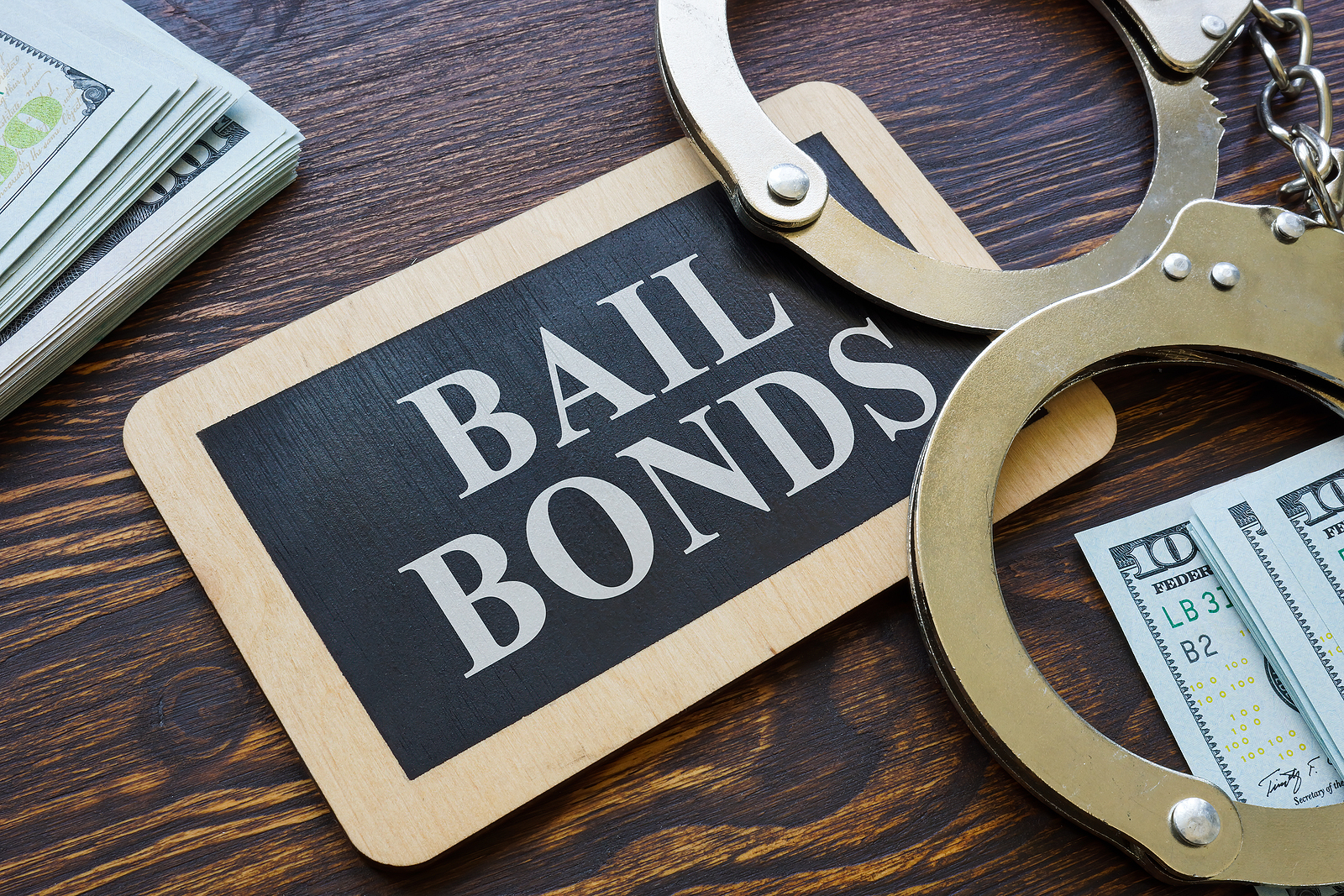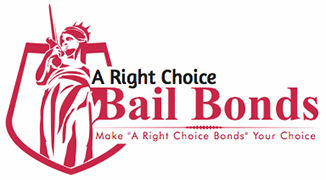 Being arrested is a terrible experience for anyone. It’s frightening, and the sheer uncertainty of it all can take a toll. Being arrested while out on bond is substantially worse. The entire situation becomes complicated and difficult to understand, and the level of uncertainty skyrockets. What happens to a defendant in this case? Well, things change for the worse in a few specific ways.
Being arrested is a terrible experience for anyone. It’s frightening, and the sheer uncertainty of it all can take a toll. Being arrested while out on bond is substantially worse. The entire situation becomes complicated and difficult to understand, and the level of uncertainty skyrockets. What happens to a defendant in this case? Well, things change for the worse in a few specific ways.
The Old Bond Conditions Remain
Before the new arrest, bail and bond were already in place. Those conditions don’t go away. The defendant still has to make court appearances for the existing charges. They are also still obligated to pay bond fees and charges to the bond agent.
This can get complicated as the new legal proceedings can sometimes make it difficult to make prior court dates. Additionally, the courts can revoke bail. When that happens, the defendant is still on the hook for the original bond according to its terms. In a worst-case scenario, this can mean the defendant is now on the hook for the total value of the original bond with new charges on the way.
New Bail Terms Might Be Harsher
With a new arrest comes a new legal case. Ultimately, the cases will likely be married, but first, the defendant has to be processed for the new arrest. This means a bail on top of the one already paid, and it’s likely to be harsher. The chance that the court sees the defendant as a flight risk is higher.
That means the new bail is likely to be considerably pricier than the previous one, and it’s not uncommon for the court to deny bail altogether. So even though bail was posted for the previous arrest, no bail is available now, and the defendant has to stay in jail for the duration of the legal process.
Deals Can Be Changed
If the defendant was offered any type of plea or other deal by attorneys before, those are all null. Prosecutors might offer new deals, but they will be revised to account for the additional charges.
Changing agreements also goes for arrangements between the defendant and their attorney. Now that new charges are in the mix, the defending attorney can change their fees or whether or not they even want to take the case.
This can take away good options that previously existed, and ultimately, there is an increased risk of harsher penalties if the defendant is convicted.
Charges Can Compound
When more charges are brought against the defendant, the risk increases. Many states have laws that add to minimum sentencing when a defendant is found guilty on multiple accounts. The most cut and dried example is “crime, bail, crime”. This is when somebody on bail for a felony case is arrested for another felony offense.
The prosecutors can use this legal method to automatically add up to two years to any conviction. This extra time is contingent on both charges being found guilty. If they are, the defendant is looking to serve time for each individual charge added together. The crime-bail-crime time is added on top of all of it. It can all lead to a very bad situation for the defendant.
Ultimately, getting arrested while on bond is bad news. It complicates everything and makes it a lot harder for the defendant to walk away without jail time. In spite of all of that, it is not guaranteed to be untenable. There are many instances where a new bail is set, and the defendant has the opportunity to stay out of jail during the legal proceedings.
If this happens to you or someone you know, you will want help. A Right Choice Bail Bonds can provide that help. In addition to helping you secure funds for bail in Lake Charles, we can offer expertise in the legal system and help you navigate it all. You don’t have to wait and wonder what is going to happen. Call us right now and discuss the situation. We will help you find the answers you need.
